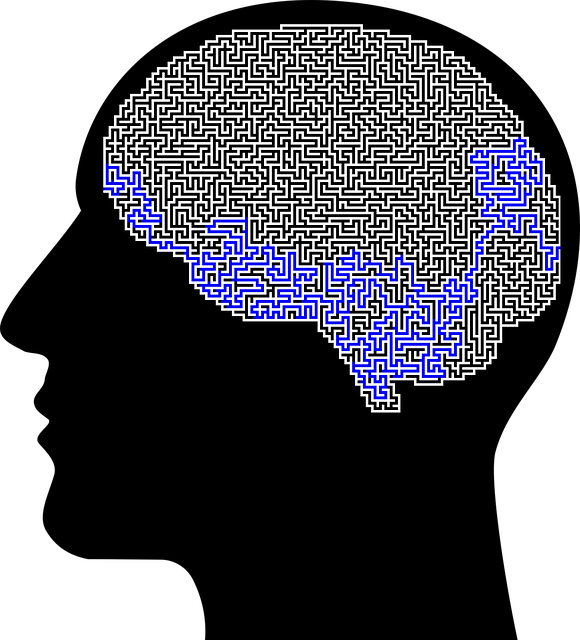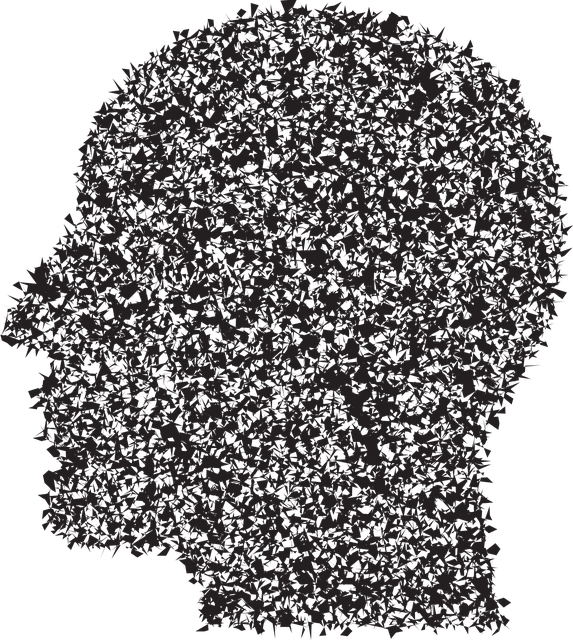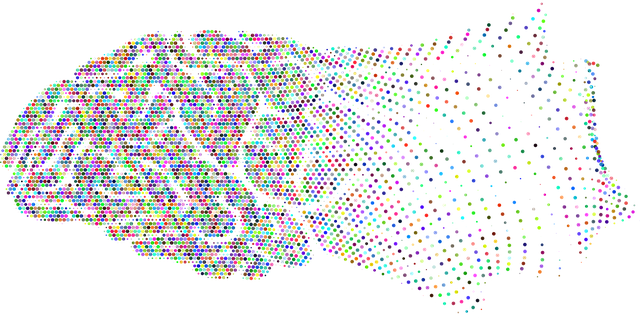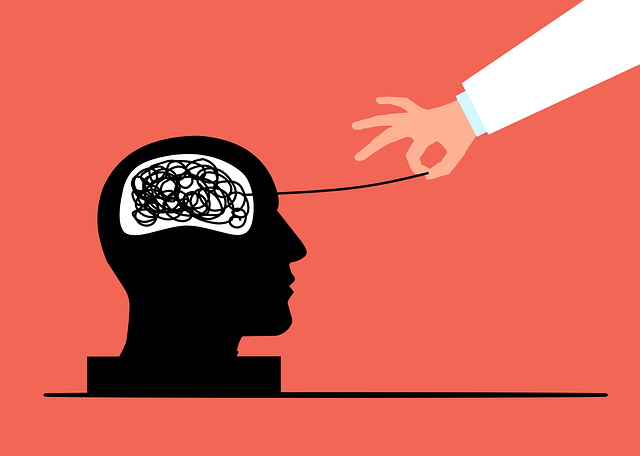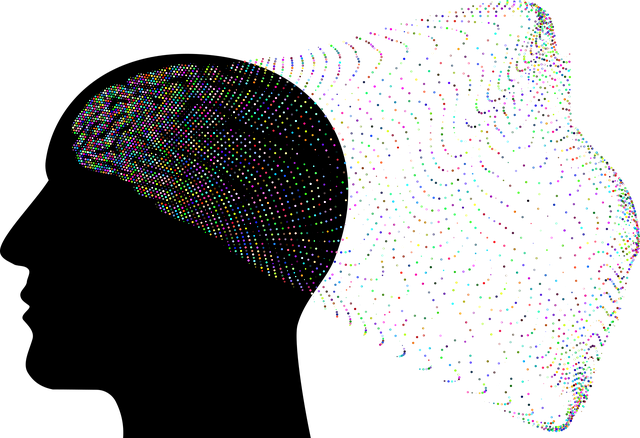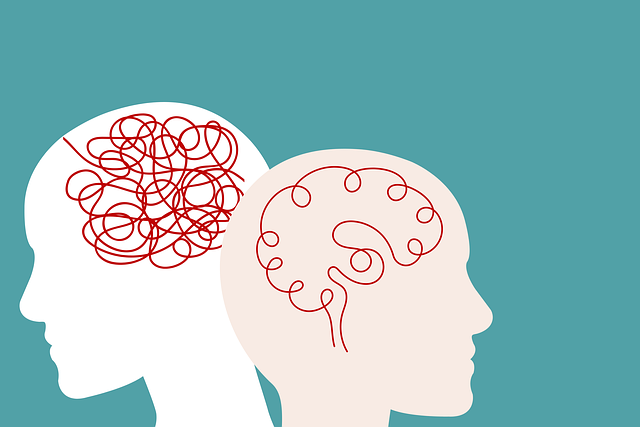The Parker Approach is a leading mental wellness app emphasizing personalized therapy through evidence-based Parker Mental Health Evaluations, identifying individual needs for stress management, anxiety relief, and depression prevention. Integrating AI, the app offers tailored treatment plans, immediate support via chatbots, and interactive tools like guided meditations and mood tracking. Development should prioritize privacy, security, ethical practices, and fostering positive self-care narratives, aligning with Parker Mental Health Evaluations Therapy standards for effective digital mental health solutions.
In today’s digital age, mental wellness app development is transforming access to care. The Parker Approach, grounded in evidence-based practices and innovative technology, offers a promising direction. This article explores key aspects of creating effective mental health apps, from designing intuitive features to integrating AI for personalized therapy. We delve into critical considerations like privacy, security, and ethical standards, ensuring user safety while harnessing the power of digital tools for improved mental well-being, complementing traditional Parker Mental Health Evaluations.
- Understanding Mental Health App Development: The Parker Approach
- Designing Effective Mental Wellness Features and Tools
- Integration of AI and Therapy: Enhancing User Experience
- Privacy, Security, and Ethical Considerations in Mental Health Apps
Understanding Mental Health App Development: The Parker Approach

The development of mental wellness apps has gained significant traction, offering innovative solutions to support individuals’ emotional well-being. Among these, the Parker Approach stands out as a comprehensive and user-centric methodology. This approach leverages the power of technology to provide personalized mental health evaluations, therapy sessions, and coping skills development. By integrating evidence-based practices, the Parker Mental Health Evaluations aim to identify individual needs, offering tailored interventions for stress management, anxiety relief, and even depression prevention.
The app’s design focuses on creating a supportive environment, encouraging users to actively engage in their mental health journey. Features include interactive tools for burnout prevention strategies for healthcare providers—a critical aspect given the demanding nature of the medical field. Through regular assessments and progress tracking, users can develop effective coping mechanisms while receiving real-time feedback. This personalized approach ensures that individuals receive the support they need, when they need it, making mental wellness app development a game-changer in modern healthcare solutions.
Designing Effective Mental Wellness Features and Tools

Effective mental wellness app development involves crafting features and tools that cater to diverse user needs. One key component is integrating Parker Mental Health Evaluations to provide personalized assessments, enabling users to gain insights into their emotional well-being. This data can power tailored recommendations for therapy, coping strategies, or self-care practices, much like a customized workout plan for the mind.
Furthermore, the app should offer interactive features promoting Self-Care Routine Development for Better Mental Health. This could include guided meditations, mindfulness exercises, and mood tracking tools that help users identify triggers and patterns. Building in Community Outreach Program Implementation can foster connections among users, creating support networks that provide Anxiety Relief through shared experiences and peer support.
Integration of AI and Therapy: Enhancing User Experience

The integration of Artificial Intelligence (AI) into mental wellness apps is transforming the therapeutic landscape, enhancing user experiences and accessibility to care. AI-powered tools can facilitate personalized treatment plans by analyzing user data, including Parker Mental Health Evaluations, to provide tailored recommendations. These algorithms adapt to individual needs, ensuring a more effective and engaging journey towards improved mental health. For instance, AI chatbots can offer immediate support, providing coping strategies or trauma support services (as per the Risk Assessment for Mental Health Professionals) based on user input, thus fostering continuous care between sessions.
By incorporating AI, apps can also help demystify complex therapeutic concepts, making them more accessible to users unfamiliar with traditional therapy. This technology enables a deeper exploration of Mind Over Matter principles, allowing individuals to actively participate in their healing process. Through intelligent integration, mental wellness apps are becoming powerful tools that bridge the gap between professional care and personal empowerment.
Privacy, Security, and Ethical Considerations in Mental Health Apps

In the realm of mental wellness app development, privacy, security, and ethical considerations are paramount. As users share intimate details about their emotional well-being, apps must safeguard this sensitive information to foster trust. Encryption technologies and secure data storage protocols are essential to protect user data from unauthorized access or breaches. Furthermore, transparency in data collection practices and clear consent mechanisms ensure that users understand how their information is used, enhancing empathy building strategies within the app ecosystem.
Beyond privacy and security, mental health apps should prioritize ethical guidelines to navigate complex issues such as Mental Illness Stigma Reduction Efforts and Inner Strength Development. Developers must avoid pathologizing or stigmatizing users’ experiences while promoting positive narratives that encourage self-care and resilience. By adhering to ethical standards, these applications can contribute to a more inclusive digital landscape that supports mental health awareness and empowers individuals on their journey towards healing, much like Parker Mental Health Evaluations Therapy offers in the digital age.
The development of mental wellness apps, as demonstrated by the Parker Approach, offers a promising avenue for improving access to therapy and mental health evaluations. By integrating evidence-based practices and leveraging AI capabilities, these applications can provide personalized support and tools for better mental health management. However, it is crucial to prioritize user privacy, security, and ethical considerations to ensure trust and foster a safe digital environment. As the demand for mental health solutions continues to grow, apps that balance effectiveness, accessibility, and ethical standards will play a significant role in enhancing overall well-being.
